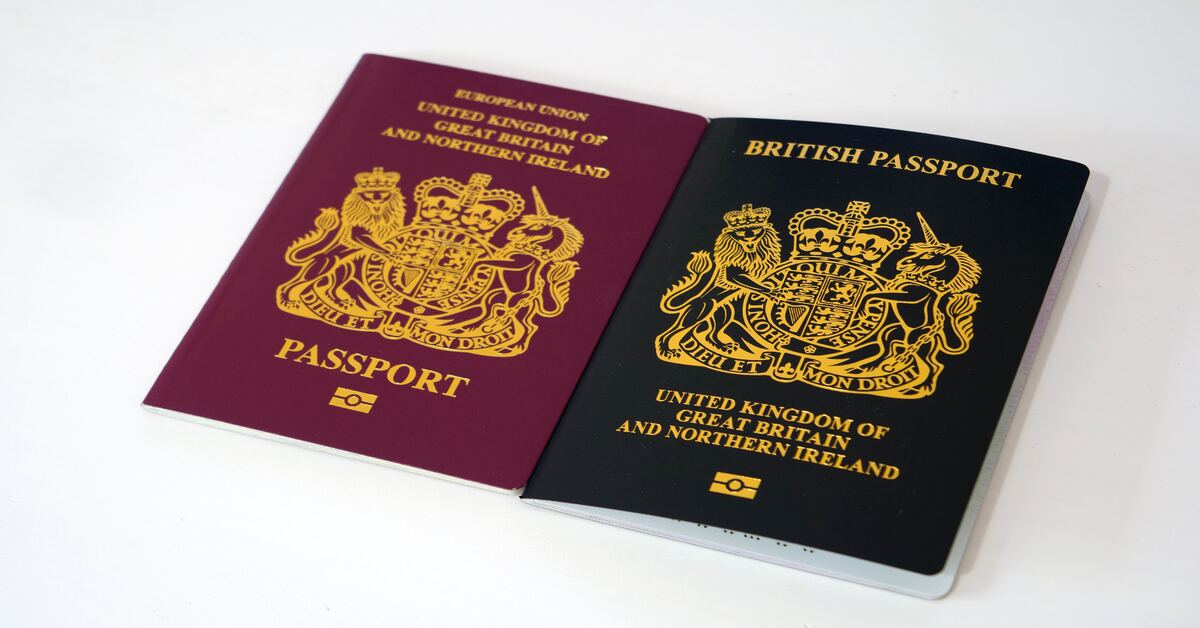The United Kingdom has long been an attractive destination for individuals seeking new opportunities, whether for work, education, or to build a life in a diverse and culturally rich country. For those who have made the UK their home and wish to establish a long-term presence, obtaining British citizenship is a significant milestone. Citizenship grants individuals the right to live and work in the UK without any immigration restrictions, offering a sense of stability and security.
There are 3 main stages to being granted British citizenship.
- Live and Work in the UK for 5 years on a work visa
- Apply for Indefinite Leave to Remain (ILR)
- Apply for Naturalisation/British citizenship
Work Visas
The first step to becoming a British citizen is being granted a work visa that contributes towards the 5 year requirement for ILR.
There are numerous visas that provide the minimum time requirement, below are the most popular.
Indefinite Leave to Remain
Indefinite Leave to Remain is a form of permanent residence that allows you to remain in the UK with no restrictions imposed like work visas do. You can work in any job on any salary, use the NHS for free and study with no limitations.
Eligibility
Generally, applicants must demonstrate that they have resided in the UK for a specific period without any significant breaks. The length of continuous residence required varies depending on the immigration route followed.
Most ILR applicants need to prove their knowledge of the English language and show an understanding of life in the UK. This is usually done through language tests and the Life in the UK test, which assesses applicants’ knowledge of British history, culture, and society.
Applicants must have a clean criminal record and be of good character. Any criminal convictions or serious misconduct may affect the outcome of the ILR application.
Some ILR routes require applicants to demonstrate financial stability, such as having a specific level of income or savings. This requirement ensures that individuals can support themselves and will not become a burden on the state.
Naturalisation
British naturalisation, also known as British citizenship, refers to the process by which a foreign national becomes a citizen of the United Kingdom. It is a legal process that grants individuals the same rights and privileges as those who are born British citizens.
Eligibility
To be eligible for British naturalisation, an individual typically needs to meet certain requirements.
The applicant must have lived in the UK for a specific period of time, usually at least 12 months under Indefinite Leave to Remain.
The applicant should be of good character, which involves having a clean criminal record and demonstrating respect for the law.
The applicant must meet specific language requirements to show they have an adequate knowledge of English, Welsh, or Scottish Gaelic.
The applicant may need to pass the Life in the UK Test, which assesses their knowledge of British society, history, and culture.
In some cases, individuals may need to meet certain financial thresholds, such as demonstrating their ability to support themselves without relying on public funds.
British Citizenship
Once these requirements are met, individuals can apply for British naturalisation. The application process involves completing the appropriate application form, providing supporting documents, and paying the required fees. The application is typically submitted to the Home Office, which is responsible for processing and deciding on naturalisation applications.
If the application is successful, the individual is granted British citizenship and receives a certificate of naturalisation. With British citizenship, individuals have the right to live, work, and study in the UK permanently. They can also apply for a British passport and enjoy the full rights and protections available to British citizens.
It’s important to note that the specific requirements and procedures for British naturalization may be subject to change, so it is always advisable to consult the official government sources or seek legal advice for the most up-to-date information.
Latest Articles
What is the Skilled Worker Visa UK?
The Skilled Worker visa is one of the most popular long-term immigration routes for international professionals looking to live and work in the United Kingdom. This visa is designed to attract skilled workers across industries such as healthcare, IT, engineering, education and construction. In article, we cover everything you need to know about the UK […]
Moving to UK – How to Immigrate to the UK
Moving to another country is a big decision but can be a huge opportunity to improve your life. The United Kingdom is a popular choice for skilled workers with over 1.2 million skilled people moving here in 2023, this is more than Canada and Australia. Most people immigrate to the UK for the British culture, […]
Top 13 Skilled Jobs needed in the UK for 2024
The United Kingdom like many countries around the world, is going all out to attract skilled workers to help fill vacancies in many industries. The UK is looking to fill jobs of the future such as computer science and artificial intelligence, these industries amongst others are expected to increase over the next five years. With […]
6 UK Cities Best in the World to Live 2024
London, Glasgow, Manchester, Liverpool, Birmingham and Leeds were voted 6 UK cities best in the world to live. They were named in the annual World’s Best Cities Report for 2024 by Resonance. London ranked the highest at number one, not only for the UK but the world. Scotland’s biggest city Glasgow came in at #61 […]
UK Visa Processing Times Applications
The United Kingdom offers multiple types of visa options including work visas, study visas and visitor visas. UK visa processing times will vary between visa types and this needs to be taken in to consideration when you begin your application. Planning your move such as gathering documentation, booking flights and finding accommodation are tasks that […]
UK Visa Fees Increase from October 2023
The United Kingdom government has raised fees for certain visas from October following an announcement in July this year. Work visas and student visas have both risen with the amount varying depending on your personal circumstances and length of stay. UK Prime Minister Rishi Sunak announce that UK visa fees are increasing to partially fund […]
UK Sponsorship Visas for Care Workers 2024
Care workers looking to move to the UK to live and work are currently in high demand. Out of all the UK sponsorship visas for care workers, the Health and Care Worker visa is the most popular pathway to live and work in the United Kingdom. You will need to have a valid visa and […]
What is the High Potential Individual Visa?
The High Potential Individual visa was created in 2022 to attract recently graduated international students to the UK. It allows international graduates from selected universities to come and live and work in the UK for two years. You must have graduated in the last five years. Students must have graduated from a selected international university […]








